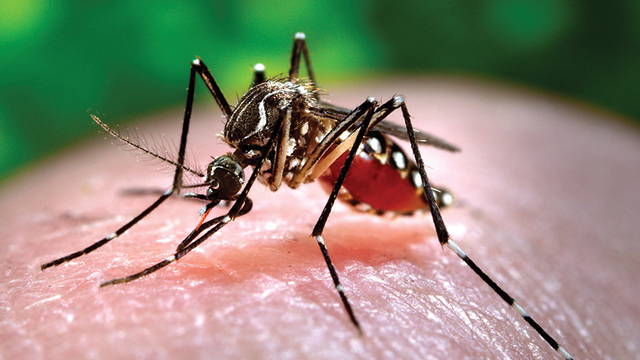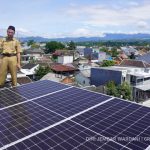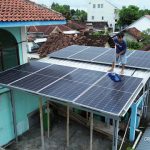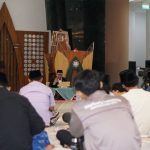Jakarta (Greeners) – Indonesia’s Meteorological, Climatology, and Geophysical Agency (BMKG), DKI Jakarta Health Agency and Bandung Technology Institute to release the 2019 Early Warning on Dengue Fever, early next year. The warning system was set up by BMKG by connecting humidity or climate parameter with dengue fever cases.
Based on the data released by BMKG, dengue fever still hits cities in Indonesia, including DKI Jakarta. Between 2008-16, dengue fever were recorded high in DKI Jakarta. At least 20,432 cases reported in 2016.
Chief of Climate Change Analysis of BMKG, Kadarsah, said that dengue fever is influenced by environment, sanitation and climate condition. Climate has the role to provide the environment for mosquitoes to breed. Hence, climate is important factor in the early development of mosquitoes.
“With existing science, it can predict humidity on certain number which will result to dengue fever. The prediction is obtained through formulation based on humidity or climate parameter with dengue fever cases and this connection is strong,” said Kadarsah to Greeners, on Monday (10/12/2018).
READ ALSO: East Kalimantan Prepares To Tackle Climate Change
Kardasah said that relative humidity, or RH, shows RH compatibility probability of RH suitability for dengue fever vector. The higher probability, the likely for RH to support the development of Aedes aegypti mosquito, resulted to increasing people with dengue fever. The numbers in the map shows RH prediction model in average.
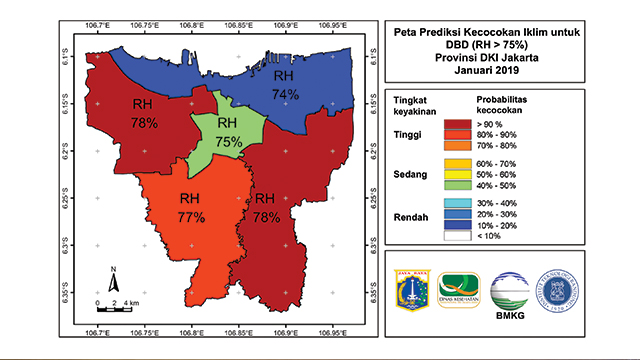
Climate Suitability Prediction Map for Dengue Fever (RH 75 percent) DKI Jakarta Province on January 2019. Source : BMKG
Kadarsah said that early warning system for climate-based dengue fever is aimed to obtain as early as possible the data of the fever based on climate parameter and the cases. So, anticipatory steps can be taken by related agencies, including health agency to prevent it being spread.
“Concrete example is this dengue fever early warning system will produce incident number prediction or AI, which dengue fever cases per 100,000 citizens for the next three months as this is only being conducted in Jakarta, early 2019,” he said.
“We could probably start it in January to give concrete information about dengue fever early warning system in Jakarta areas. For other areas with high rainfall, such as Malang and Semarang, will follow suit,” he added.
READ ALSO: Ministry of Health Launches Campaign on Stunting
The climate based dengue based early warning system is divided into three categories, — safe (AI < 3) with green color, alert (3 = AI = 10) with yellow color, and danger (AI = 10) with red color.
Each category will be accompanied with follow-up actions for health agency.
“Anticipation steps and actions needed for dengue fever is within the authority of health agency. The follow up actions can be epidemiology investigation, consultation, mosquito nets elimination, selective larvasidation, mass larvasidation, and focus fogging, depending on the categories,” he said.
The climate based dengue fever early warning system can be accessed in http://dbd.bmkg.go.id which is integrated in the information system of DKI Jakarta Health Agency.
Reports by Dewi Purningsih







































